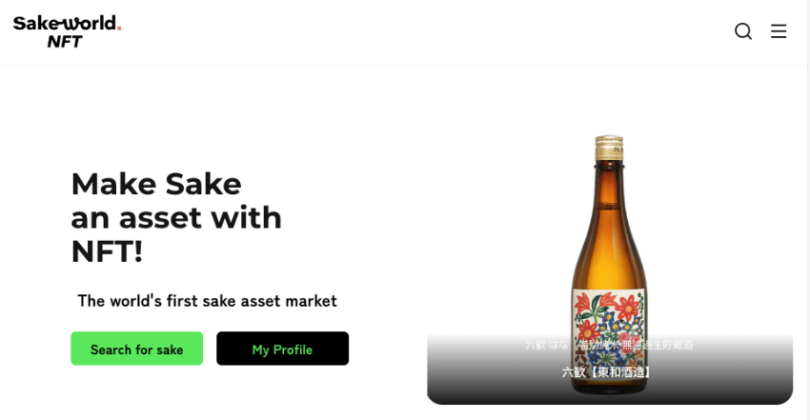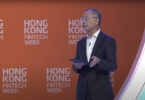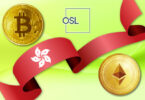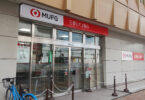Japan’s Ministry of Economy, Trade and Industry (METI) launched a “Demonstration Project for Building Digital Public Goods Using Web 3.0 and Blockchain”. METI believes that most mainstream businesses don’t appreciate the potential of public blockchains for practical use cases. That’s in part because of its association with speculation, but also because it’s not an easy technology to adopt for individual companies. Hence, it wants to develop a series of public goods across various industries, beyond the speculative use cases. It started with five themes, and today it announced six contract winners, including NTT Digital, PwC and Rakuten.
It identified five themes for the projects:
- Marketplaces for the tokenization of RWA and intangible assets (JCBA, Leaf, NTT Digital)
- An information sharing platform for the circular economy
- Smart contracts for the management of image rights in the sports industry (Rakuten)
- Guidelines for content IP protection (PwC Consulting)
- Regional revitalization with governance tokens (Hiroshima Web3 association).
The circular economy theme was subsequently dropped.
Some projects have quite significant subsidies. For example, the marketplaces for real world assets and intangible assets had a budget of Yen 45 million ($307,000).
An RWA marketplace for Sake
One of the RWA marketplaces selected is Leaf’s Sake World. The Japanese alcoholic drink Sake is both a drink and a collectible, similar to Scottish whisky collectibles. Leaf’s Sake World marketplace allows people to buy Sake in the usual way, but they can also store it and buy and sell between individuals, powered by non fungible tokens (NFTs).
In Japan, like many other countries, only those with a liquor license can sell alcohol. But the Sake World marketplace supports individual buyers and sellers. Each bottle is associated with an NFT and the Sake brewery receives a royalty on every sale.
One of METI’s goals is to expand Japan’s web3 presence globally. Leaf plans to grow the audience for Sake World, starting with Singapore. Hence, it has partnered with Digital Entertainment Asset (DEA) and Yashiori which have experience in play to earn games in Southeast Asia. At first this seemed like an unorthodox combination. It turns out that DEA wants to promote Sake in Singapore through a marketing initiative along the lines of “Tasting Sake to Earn”.
METI’s web3 ambitions
The public goods project is part of Japan’s Society 5.0 vision, a fusion of cyberspace and the physical world. A key aim is to establish a strong Japanese presence on decentralized platforms globally.
As part of that global ambition, much of the documentation for the public goods project was produced in Japanese and English, including the video below. It was open to global companies, with some restrictions.
METI wants the projects to achieve three goals. First, they will demonstrate the value of web3 to the private sector (beyond web3 firms). Hence, the projects need to illustrate measurable benefits.
Secondly, METI believes that some projects are not economical for a single firm to develop. Yet, it’s sometimes hard for consortia to agree on a path. Hence, there’s a need for public goods.
Thirdly, regulations in the sector are unclear and complex. So it wants to help with public guidelines.
This approach is similar to the EU’s Horizon 2020 subsidies. However, most of those targeted consortia and often using permissioned blockchains as opposed to public goods on public blockchains.






